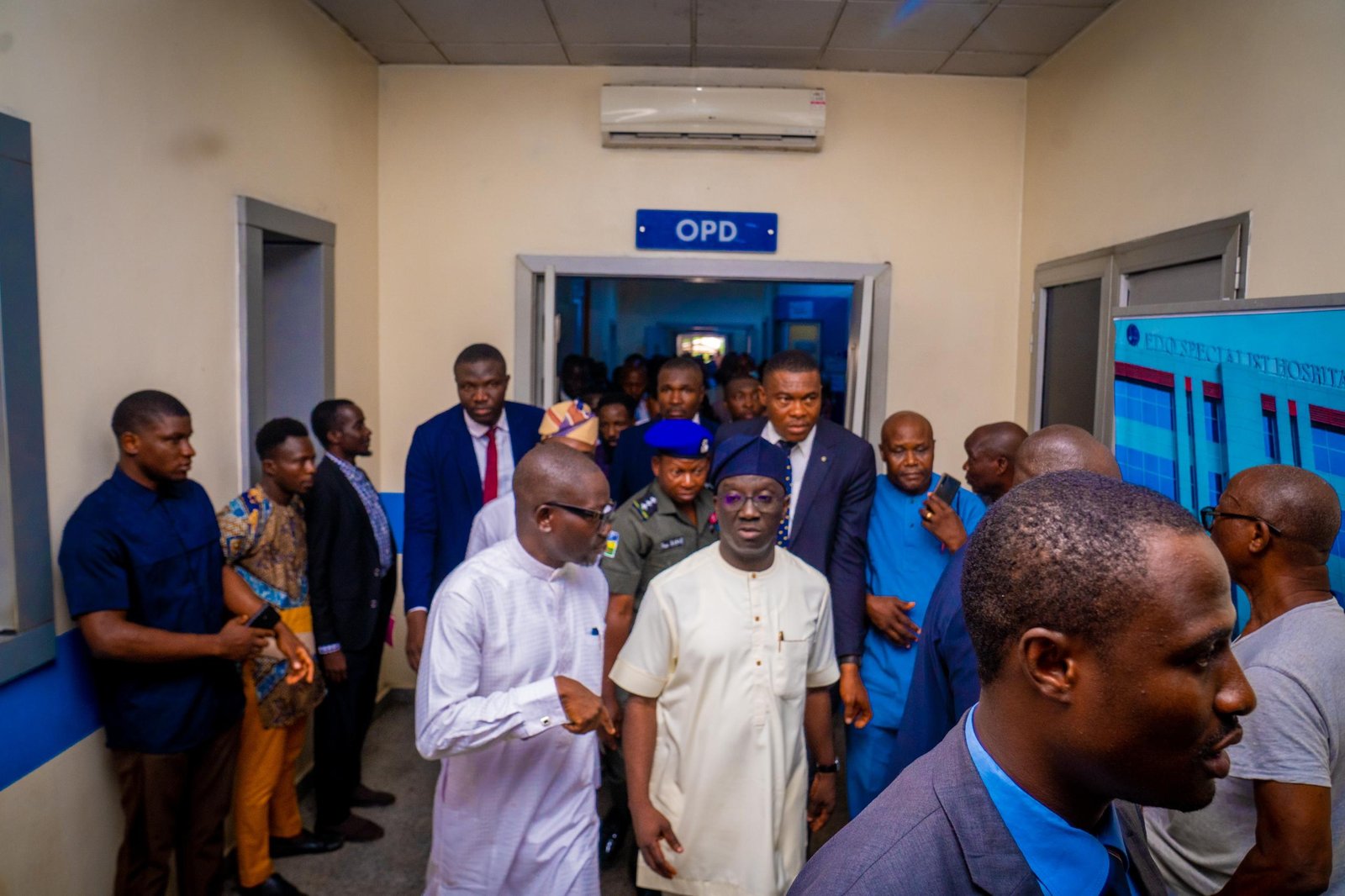Speech by the Commissioner of Health, Edo State
Theme: Training of Traditional Birth Attendants in Early Pregnancy Care and Referral Mechanisms
Sen. Neda B. IMASUEN
Ladies and gentlemen,
Distinguished guests,
Our esteemed traditional birth attendants,
It is an honor to address you today at this critical training program aimed at strengthening the capacity of our traditional birth attendants (TBAs) in Edo State. Together, we are taking a significant step toward improving maternal and child health in our communities.
The theme of this gathering, “Training of Traditional Birth Attendants in Early Pregnancy Care and the Referral Mechanisms,” underscores the vital role that TBAs play in the health and well-being of pregnant women, particularly in our rural and underserved areas.
The Role of Traditional Birth Attendants
Traditional birth attendants are trusted members of their communities. Women and their families turn to you for support, guidance, and care during one of the most important periods of their lives. This trust makes you not just caregivers but also pillars of maternal health at the grassroots level.
However, we are all aware that the risks associated with pregnancy and childbirth can sometimes exceed the resources available to TBAs. Complications such as severe bleeding, infections, and hypertension require swift and effective referral to more specialized healthcare services. It is, therefore, essential to bridge the gap between traditional and modern healthcare systems.
Objectives of the Training Program
This training program is designed to achieve several critical goals:
1. Enhancing Communication Skills: Effective counseling begins with clear and compassionate communication. This program will equip you with the skills to provide pregnant women with accurate information about early pregnancy care, nutrition, danger signs, and the importance of regular antenatal visits.
2. Promoting Early Detection: By recognizing early warning signs of complications, TBAs can play a vital role in preventing emergencies and improving outcomes for mothers and babies.
3. Strengthening Referral Mechanisms: Timely referrals save lives. This training will enhance your understanding of referral protocols and how to work seamlessly with health facilities to ensure pregnant women receive the care they need.
4. Fostering Community Engagement: TBAs are not just care providers; you are also advocates for healthier communities. This training will explore how to build stronger relationships with families, community leaders, and healthcare providers to create a supportive network for maternal health.
Our Commitment
The Edo State Government is committed to supporting you in this mission. We recognize that investing in your skills and capacity is an investment in the health and future of our communities. Through partnerships with health facilities, non-governmental organizations, and community leaders, we aim to strengthen maternal and child health services across the state.
A Call to Action
I urge all participants to take full advantage of this training. Let us work together to reduce maternal and neonatal mortality in Edo State. By improving communication, enhancing early pregnancy care, and strengthening referral systems, we can ensure that no woman or child is left behind.
To our traditional birth attendants, I salute your dedication and resilience. You are the bridge between tradition and modernity, between care and survival. Together, we will continue to build a future where every pregnancy is safe, every delivery is successful, and every child is healthy.
Thank you, and may this training inspire and empower you to make a lasting impact in your communities.
Closing
Let us embrace this opportunity to learn, grow, and collaborate for a healthier Edo State, under the leadership of our esteem Governor Sen. Monday Okpebolo, Together, we can achieve great things. Thank you, and God bless you all.
Commissioner of Health, Edo State
DR CYRIL ADAMS OSHIOMHOLE



